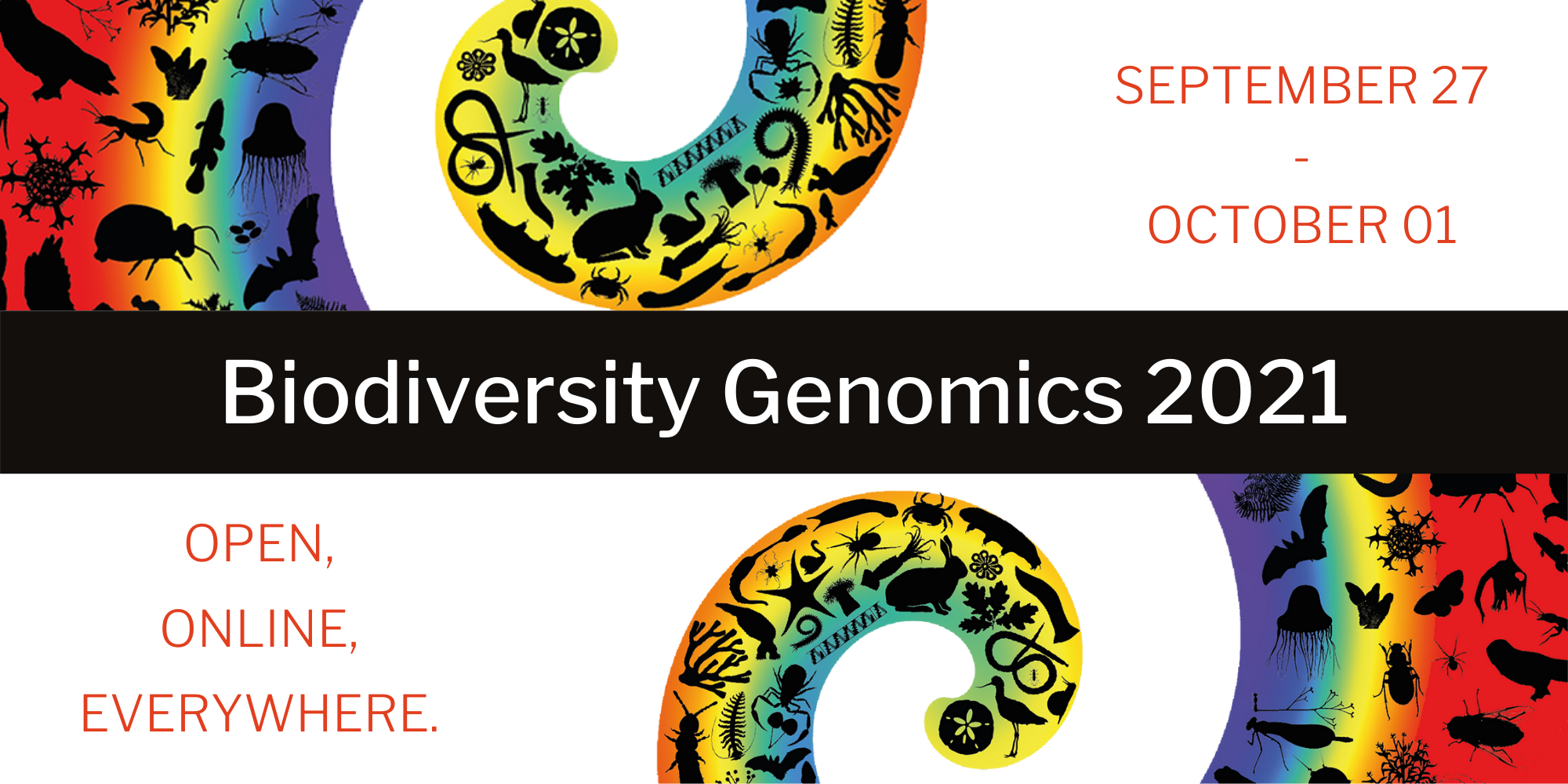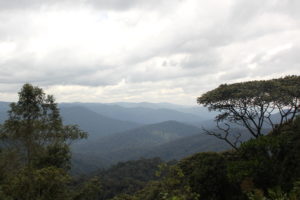
Biodiversity Genomics 2021: sequencing genomes across the planet
Biodiversity Genomics 2021 will take place online between September 27 and October 1. The event is open and attendance is free. The deadline for submitting abstracts to present research is Sunday, August 8.
The Darwin Tree of Life project set out to sequence the genomes of all complex organisms in Britain and Ireland. This is a huge undertaking — up to 70,000 separate species — but in reality it’s a relatively modest part of the enormous effort to sequence all known eukaryotic life on Earth.
Teams of scientists are collecting specimens and sequencing genomes across the planet. These different projects are all grouped under the umbrella of the Earth BioGenome Project (EBP): some projects focus on vertebrates, some on invertebrates; they are based in Europe, the Americas, Africa.
With scientists in far-flung wildernesses and laboratories, how do you create a sense of community and share ideas and best practices? One proven way is by holding a global, open and online forum — Biodiversity Genomics 2021 (register here).
The first Biodiversity Genomics: connecting during a pandemic
This is the second year the Biodiversity Genomics meeting has been held. It emerged from the chaotic early months of the COVID-19 pandemic, when so many of us were forced online. The virus-proof virtual format proved hugely successful.
Ultimately, Biodiversity Genomics 2020 saw 5,200 unique online attendees from 79 different countries, representing every continent besides Antarctica. The main sessions all had upwards of 1,000 live attendees, while most of the smaller workshops clocked audiences in the several hundreds.
This far outstripped the expected numbers of an in-person conference, and quickly overtook the attendance estimates of the organisers. Such a global event created its own challenges, however, such as extra sessions needing to be put on for attendees in different timezones.
Free, open and truly global
This year promises to be even bigger and better. More projects are up and running, more genomes are filtering through the sequencing pipeline, and plenty of new science has emerged since last year.
Sessions that have already been confirmed cover topics such as how genomics can inform conservation, the diversity of invertebrates, new tools and methods in genome sequencing, how DNA barcoding can reveal how species interact with each other, how the genomes of symbiotic organisms change over time, and new discoveries in vertebrate genomics.
One of the most highly anticipated sessions will focus on the African BioGenome Project. This exciting pan-African collaboration will bring scientists together from all over the continent to address challenges to food systems and help protect African biodiversity through genomics. It will support the sequencing of the more than 105,000 species of indigenous African flora and fauna.

The meeting will be open to all, and — as per the core value of this project — the free exchange of ideas is strongly encouraged. It is also completely free to attend, thanks to generous support from the Tree of Life programme at the Wellcome Sanger Institute and other sponsors.
Between September 27 and October 1, attendees will choose from a packed itinerary of panel discussions, two-minute ‘lightning’ talks and poster sessions, plus social and community events.
Those who want to present their research at one of these sessions are being invited to do so by submitting their abstract before Sunday, August 8.
This is a golden age of biodiversity research, with genomics at the forefront of much of the most groundbreaking discoveries. Biodiversity Genomics 2021 will show how truly global these efforts can be.
